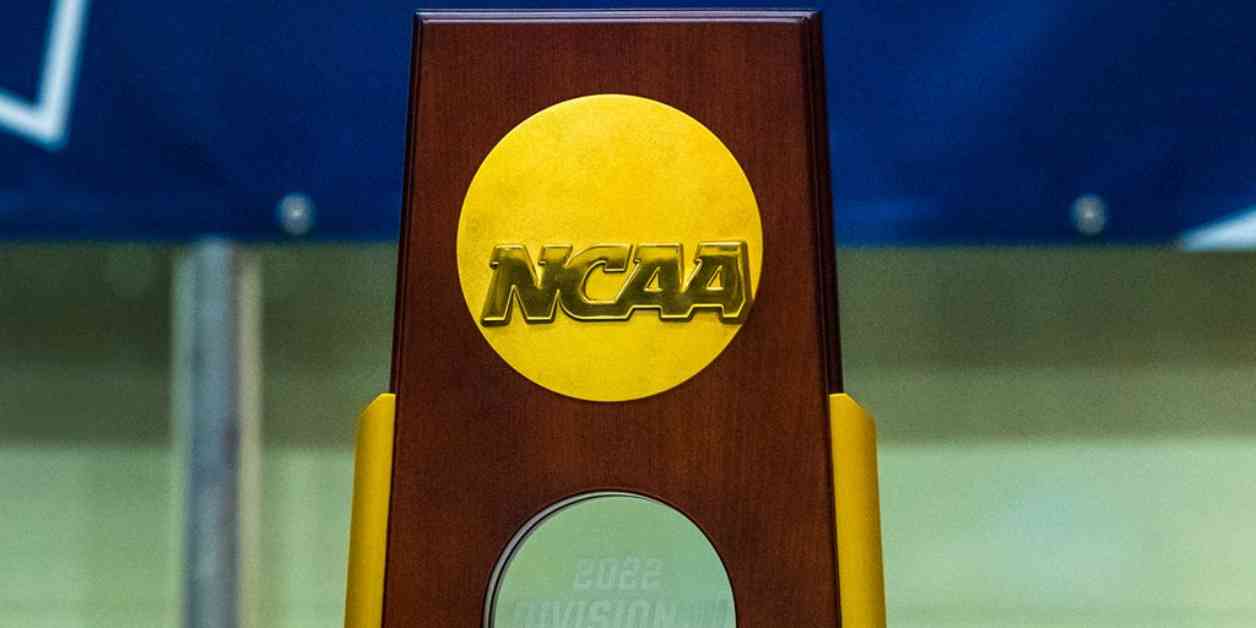The NCAA and its power-five conferences have filed a plan to pay out nearly $3 billion to former athletes in a settlement of an antitrust class-action lawsuit. This proposed deal also opens the door for schools to directly compensate athletes while trying to regulate payments from boosters. According to Steve Berman, managing partner and co-founder of the Hagens Berman law firm, NCAA college athletes have been waiting for this moment for decades and now have the right to receive the full value of their hard work. This marks a historic change in college sports after more than four years of legal battles.
College athletes will finally be able to benefit from the billions of dollars generated by their performances, with payouts totaling $2.78 billion over a 10-year period. The amount each athlete receives will be based on the sport and length of their athletic career, with football and men’s basketball players potentially receiving up to $135,000 each. The highest estimated payout could reach nearly $2 million due to “Lost NIL Opportunities,” as noted by the law firm.
This settlement covers three antitrust cases, including the House vs. the NCAA lawsuit, which contested NCAA compensation rules dating back to 2016. The plaintiffs argued that these rules prevented athletes from capitalizing on the use of their names, images, and likenesses. While the agreement does not address the issue of whether college athletes should be considered employees, it does include provisions for potential changes in the future based on law or circumstances.
Despite this progress, the commissioners of major conferences and NCAA President Charlie Baker emphasized the need for federal legislation to address ongoing challenges in college sports. They believe that without congressional action, state laws and continued litigation could hinder the impact of the settlement.
Before the filing can take effect, it must be approved by a judge. Attorneys plan to seek preliminary approval and establish a public website where former college athletes can check their eligibility for compensation within approximately two months. This development marks a significant milestone for student-athletes and college sports, paving the way for greater financial opportunities and fair compensation.
In conclusion, the NCAA settlement represents a significant victory for former college athletes seeking rightful compensation for their contributions to collegiate sports. The agreement sets a precedent for future changes in NCAA regulations and highlights the ongoing need for legislative action to address broader issues in college athletics.


















